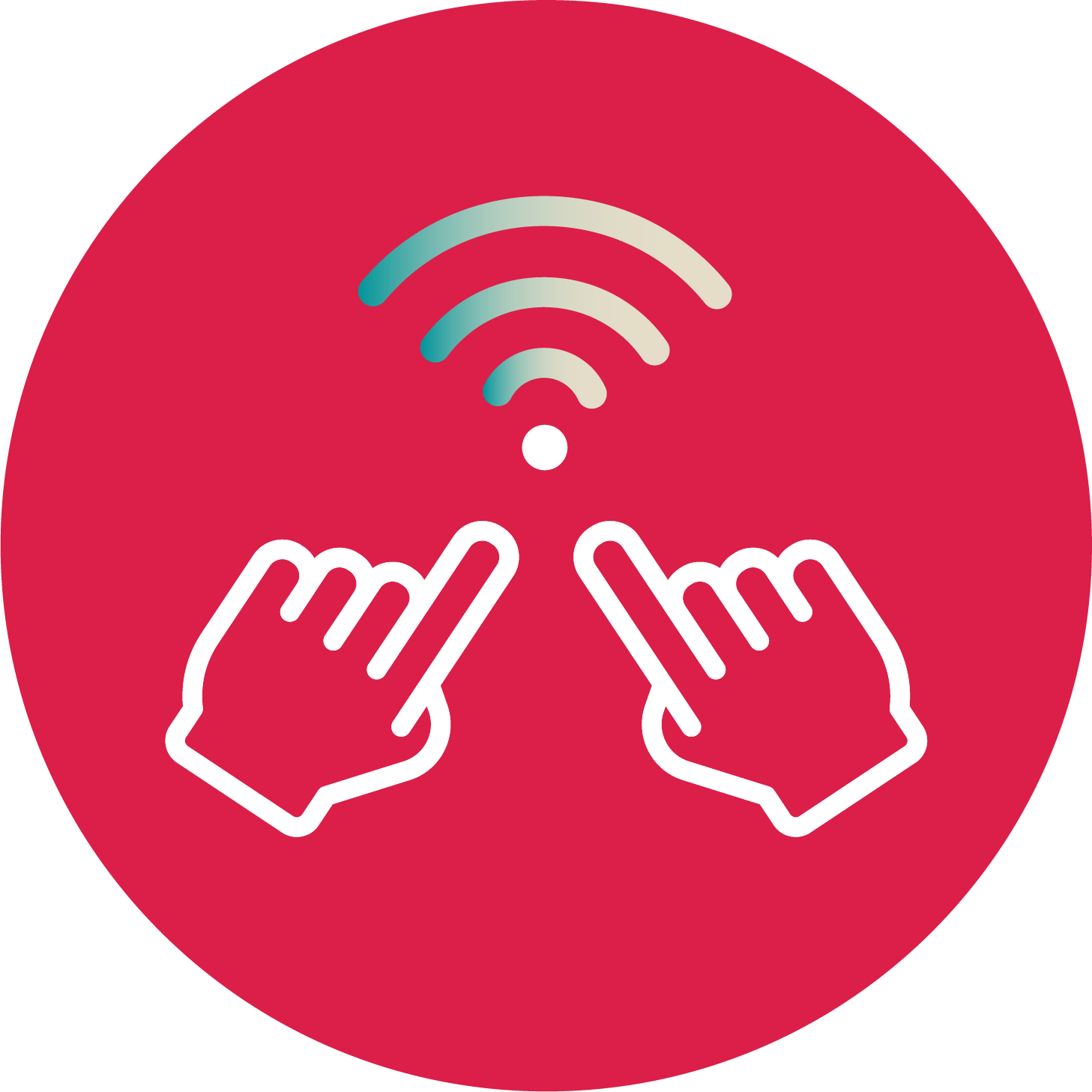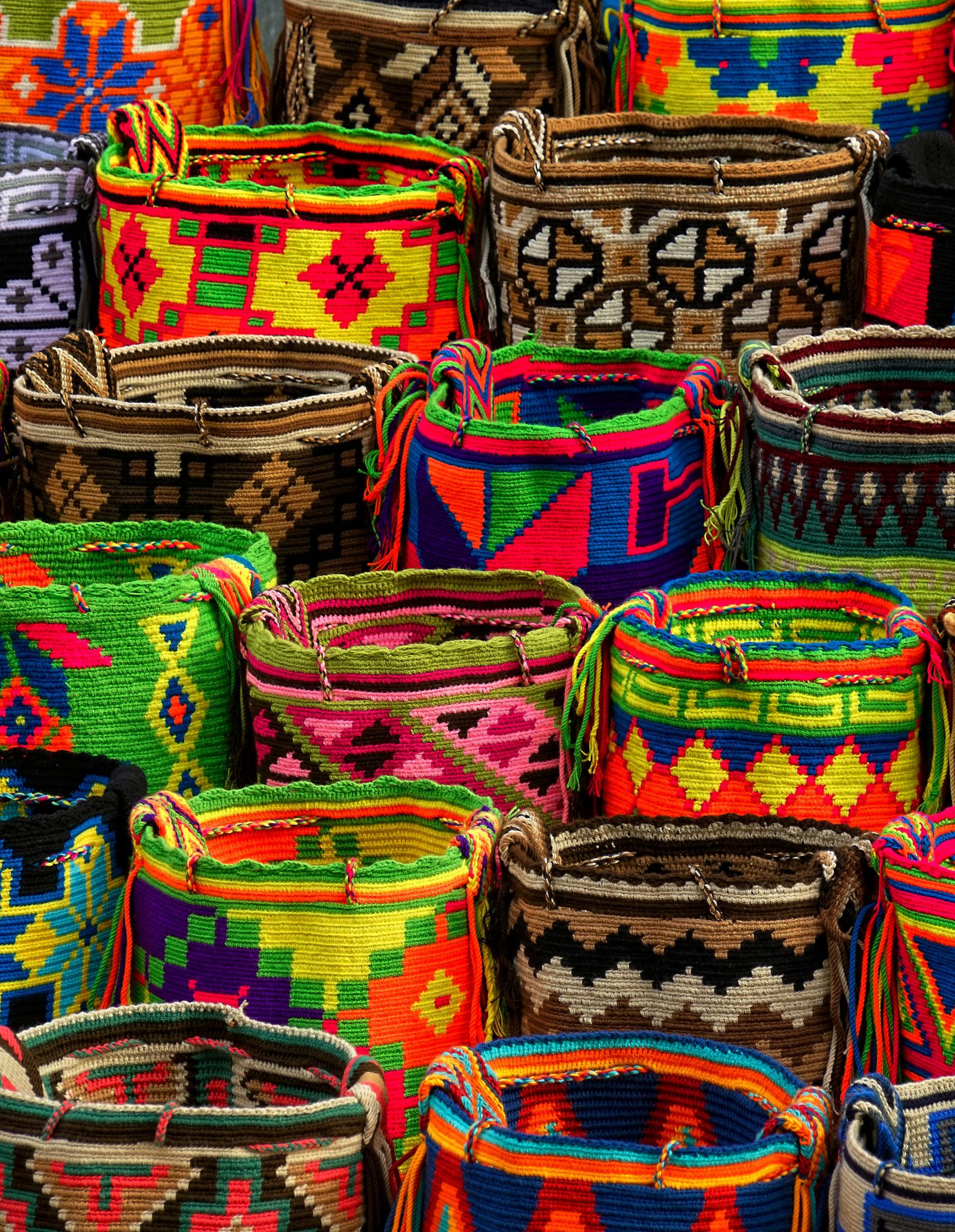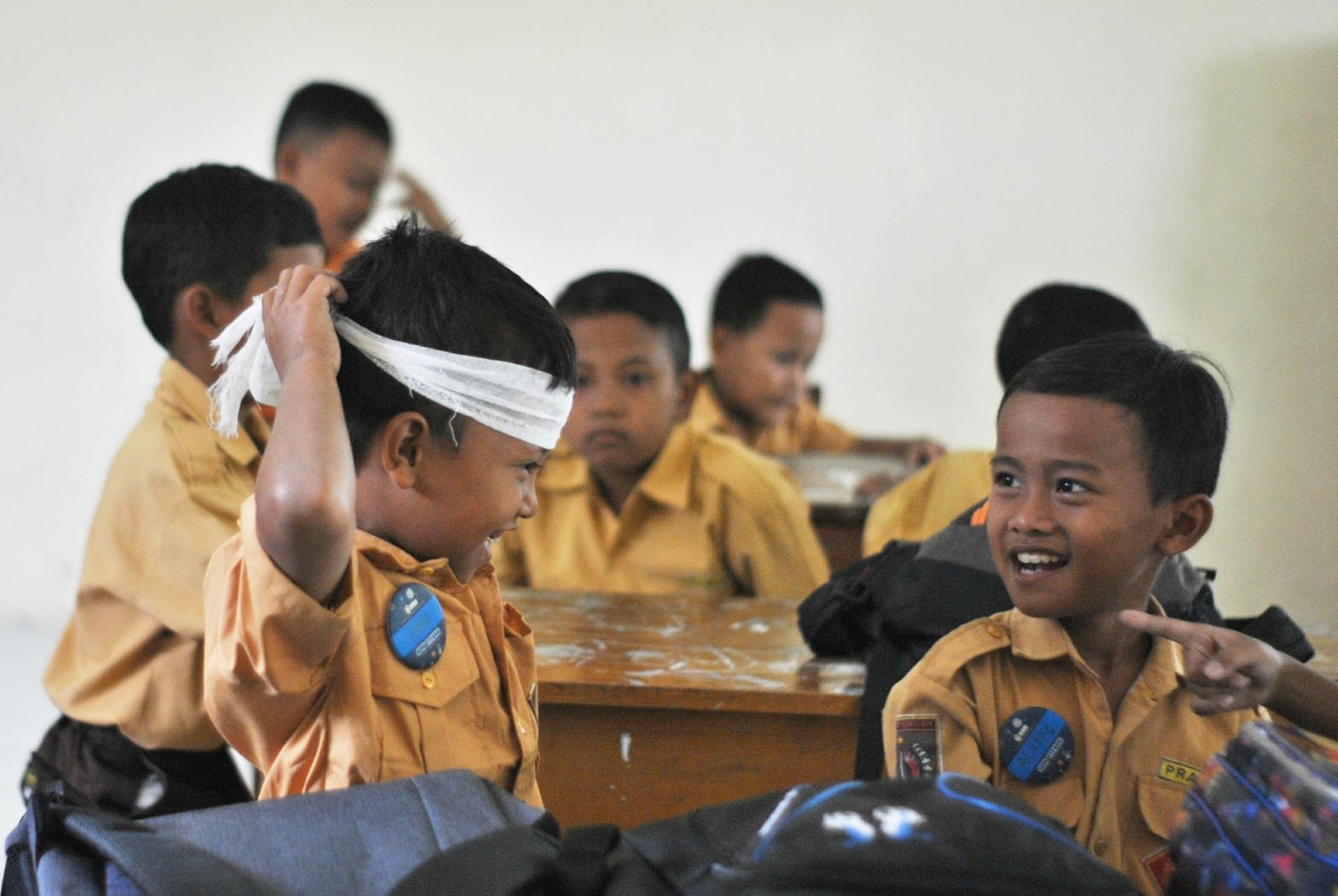Research Program
Digital Inclusion
We study digital inclusion through the changes, opportunities and risks created by digital innovation, analyze their consequences for different social processes and policy domains, and promote inclusive solutions to make information and communication technologies accessible and usable for all.
Digital Inclusion vs. Digital Exclusion
Digital inclusion is defined as the ability of individuals and groups to access and use information and communication technologies. Despite the wide marketing of electronic devices in the last decades, digitalisation is not happening equally all over the world, due to high prices, the lack of infrastructure or weak digital literacy. With the internet increasingly involved in our everyday life and needs, digital exclusion results in a form of poverty and marginalization. Policy responses that promote universal access and digital literacy constitute the necessary starting point to equally distribute the benefits of ICTs.
39.3 %
In Africa only 39.3 % of its inhabitants had Internet access, compared to 70.5% of Latin Americans, 87.2 % of Europeans and 94.6 % of Americans.
Digital Access in Covid Times
Digital technology is crucial to almost every aspect of the response to the covid-19 pandemic, from vaccine research to remote working, e-commerce, online learning and tools that are enabling hundreds of millions of people to keep contact with family and friends. However, without universal access to technologies, the digital divide is having a damaging multiplier effect by increasing inequality and disadvantages of marginalized groups.
3.6 billion
The UN International Telecommunication Union, warned
in 2019 that almost half of the earth's inhabitants — some 3.6 billion people — do not even have access to the Internet.
Intersectional Approaches
As society complexifies and becomes increasingly digital-intensive, digital divides are understood as layered in multiple ways that require constant monitoring and an intersectional approach. The interplay of socio-economic status with race, gender, age, caregiving, geographical location, religion, sexual orientation, being an immigrant and physical and mental ability shapes the challenges people face to access the digital world in different ways.
Preservation of Cultural Heritage
Rural areas have local products, perceptions, languages, and traditions that can offer great diversity and uniqueness to online markets and discussions. However, issues such as isolation can prevent such cultures from being recognised by the rest of the world, a problem that is known as the “rural penalty”. Broadband can be used to alleviate this penalty, but lack of access thereto usually amplifies it.
Our Work

Digital communication has changed rapidly since the onset of the digital age but emojis have only gone from strength to strength since their inception in the late 1990s. This article will cover the impact emojis have had on language and culture. It will conclude with a comparison of hieroglyphics and emojis and what this development tells us about in culture and language in the digital age.

Slightly more than 20 years after WTO members established the first work programme on e-commerce, digital trade is again on the agenda. In January 2019, 76 members signed the joint statement on the launch of “negotiations on trade-related aspects of electronic commerce”. Analysts of policy making decisions often refer to the concept of a “window of opportunity” as the reason behind a new legislation. This window would open if streams of problems, solutions and political desires to act meet together. This seems to be the case with digital trade.
Our Crew
Join Us Aboard
To solve global challenges we need interdisciplinary and diverse research teams. We offer a safe haven for digital castaways, creative sailors and curious explorers. Do you share the same passion for making our digital society just, inclusive and democratic?








